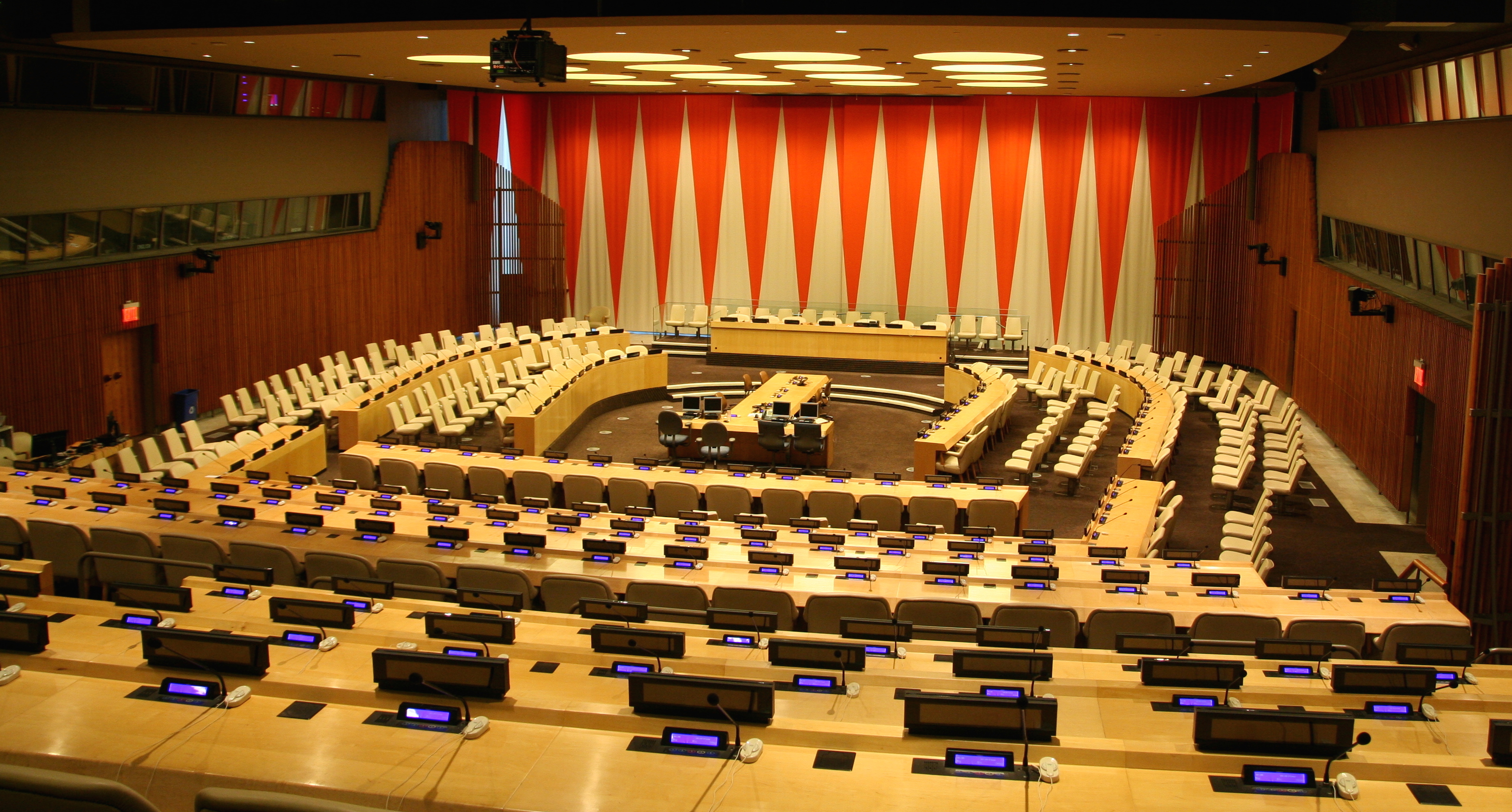
Meet CEPA — Committee of Experts on Public Administration

This week, we are continuing our preview of special simulations for the 2017 American Model United Nations Conference. Every year, we provide representatives an opportunity to explore meetings and summits beyond the typical Model UN simulations. In 2017, we are simulating the Committee of Experts on Public Administration (CEPA).
The United Nations Committee of Experts on Public Administration is a 24-member advisory body reporting to ECOSOC. Founded in 2011, it provides ECOSOC with advice on supporting good public administration and governance among Member States. The Committee also provides guidance to the UN’s Division of Public Administration and Development Management (DPADM), including the annual review of its work programme.Unlike most other UN bodies, however, the 24 members are not State representatives. They are independent experts from the private sector, academia, and civil society nominated by the Secretary-General for their expertise. The group is geographically balanced, and members serve for a three-year term.
Public Administration may sound like the dullest topic possible, but it is anything but. At its core are simple questions: Are governments effectively delivering services to their people? Are governments free of corruption and bribery? Do governments listen and respond to the needs of their citizens?
While the questions are simple, the answers are not. Almost every government around the world struggles with these questions. Globally, citizen satisfaction and trust in government has slumped in recent years, as Gallup’s many polls highlight. Scholars and experts disagree about why trust has dropped. Some, including Bruce Cain, suggest that transparency and openness have made governance less effective and increased discontent. Others point to government mandates to tackle complex “wicked problems” that lack simple solutions. Regardless, citizens have high expectations for government performance. As a result, we now have many examples of how they are trying to tackle that challenge by making government more effective, more responsive and more transparent.
Projects like I Paid a Bribe aim to publicly demonstrate the extent of corruption problems and shame governments into a more thorough response. These projects have contributed to anti-corruption efforts across the globe. Governments and citizens frustrated by cost overruns and promised, yet incomplete, infrastructure projects created the Open Contracting Partnership to bring greater transparency into government procurement. In Finland, the government’s innovation fund, known as SITRA, has been improving Finnish society and government for 50 years. In the United Kingdom and United States, the Government Digital Service and U.S. Digital Service strive to bring user-centered websites and digital development into government agencies. These are but a few; there are hundreds more.
CEPA is a venue to discuss which of these ideas could be applied around the world. As a group of experts from outside government, they can take a hard look at what works and what doesn’t, advising the United Nations and governments on the best path forward. They can do this without being beholden to official State positions, while still recognizing diverse global cultures and ways of working. Whether it is examining standards for ethical leadership in government or using digital tools to better engage citizens, CEPA has many projects and ideas to explore.
Keep Up With The Accords
More to read
The AMUN Accords is a premier resource for fact-based Model United Nations simulations. We are always looking for new contributors. Want to write for the AMUN Accords? Check out out the submission guidelines and then get in touch!




